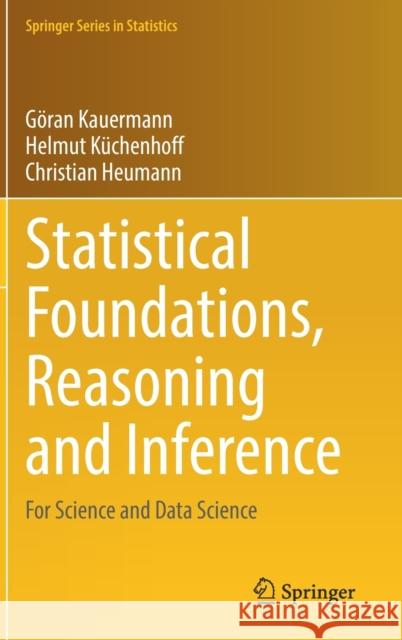Statistical Foundations, Reasoning and Inference: For Science and Data Science » książka
topmenu
Statistical Foundations, Reasoning and Inference: For Science and Data Science
ISBN-13: 9783030698263 / Angielski / Twarda / 2021 / 372 str.
Statistical Foundations, Reasoning and Inference: For Science and Data Science
ISBN-13: 9783030698263 / Angielski / Twarda / 2021 / 372 str.
cena 442,79
(netto: 421,70 VAT: 5%)
Najniższa cena z 30 dni: 424,07
(netto: 421,70 VAT: 5%)
Najniższa cena z 30 dni: 424,07
Termin realizacji zamówienia:
ok. 22 dni roboczych.
ok. 22 dni roboczych.
Darmowa dostawa!
Kategorie:
Kategorie BISAC:
Wydawca:
Springer
Seria wydawnicza:
Język:
Angielski
ISBN-13:
9783030698263
Rok wydania:
2021
Wydanie:
2021
Numer serii:
000904298
Ilość stron:
372
Waga:
0.69 kg
Wymiary:
23.39 x 15.6 x 2.24
Oprawa:
Twarda
Wolumenów:
01
Dodatkowe informacje:
Wydanie ilustrowane











